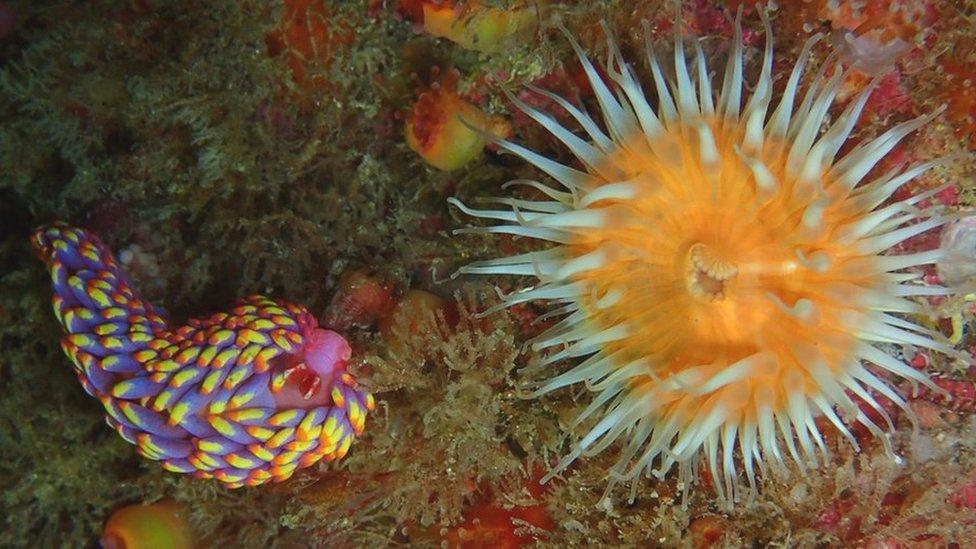Tropical 'hair curler slug' found in UK waters
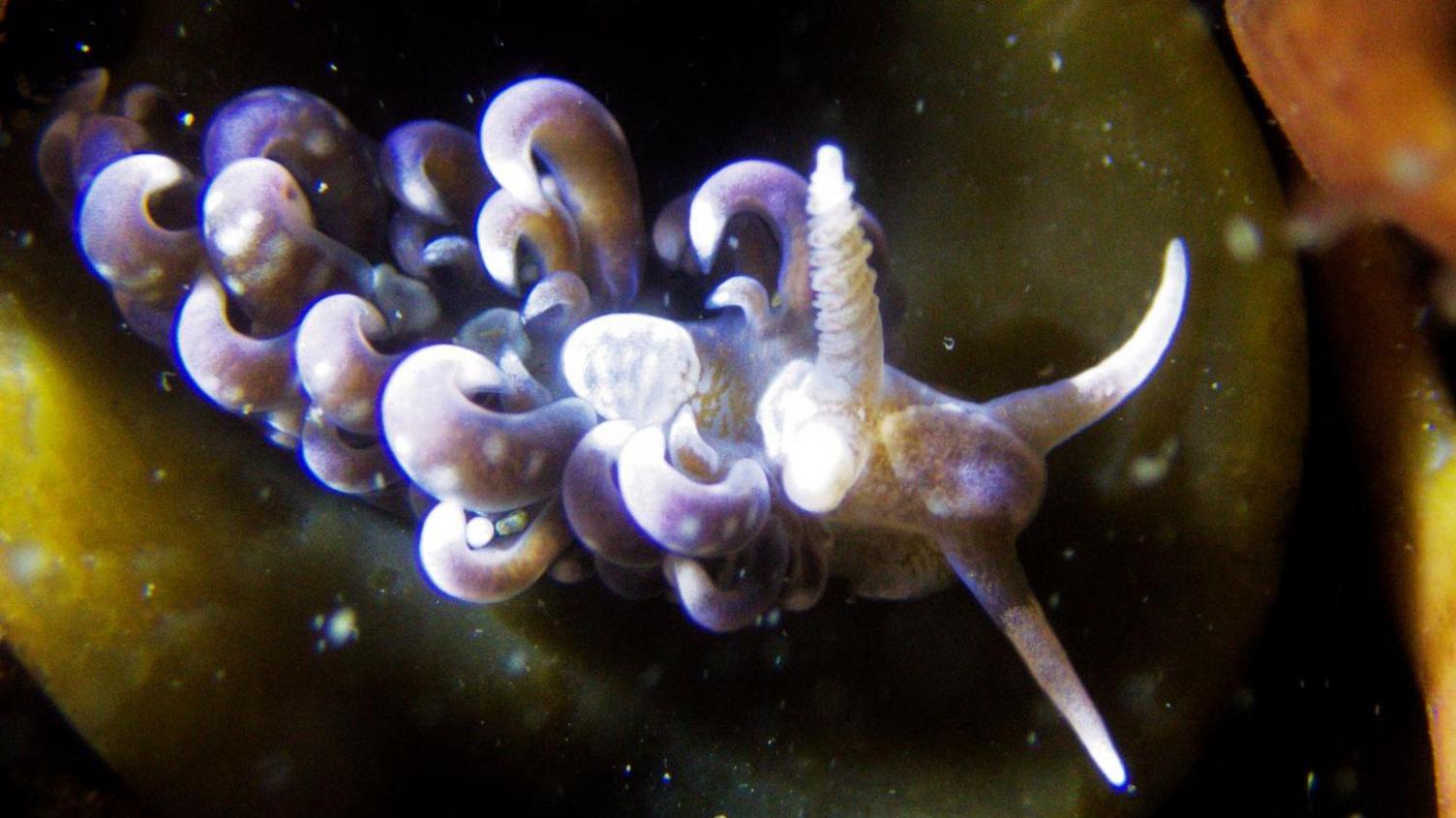
Spurilla neapolitana normally lives in the warm waters of the Caribbean, Mediterranean and western Atlantic
- Published
A tropical sea slug that was found in UK waters for the first time could be evidence of warming seas affecting marine wildlife, an expert has warned.
Spurilla neapolitana is normally found in the Caribbean, Mediterranean and western Atlantic, but was discovered off the south coast of Cornwall last week.
Wildlife volunteer Charlotte Cumming took photos of the 10mm-long creature - sometimes called a hair curler slug - at Prisk Cove during a survey for a charity.
Matt Slater, marine conservation officer for Cornwall Wildlife Trust, said finding the species "so far north of its usual range" could be a sign "warming seas are influencing the distribution of marine animals".
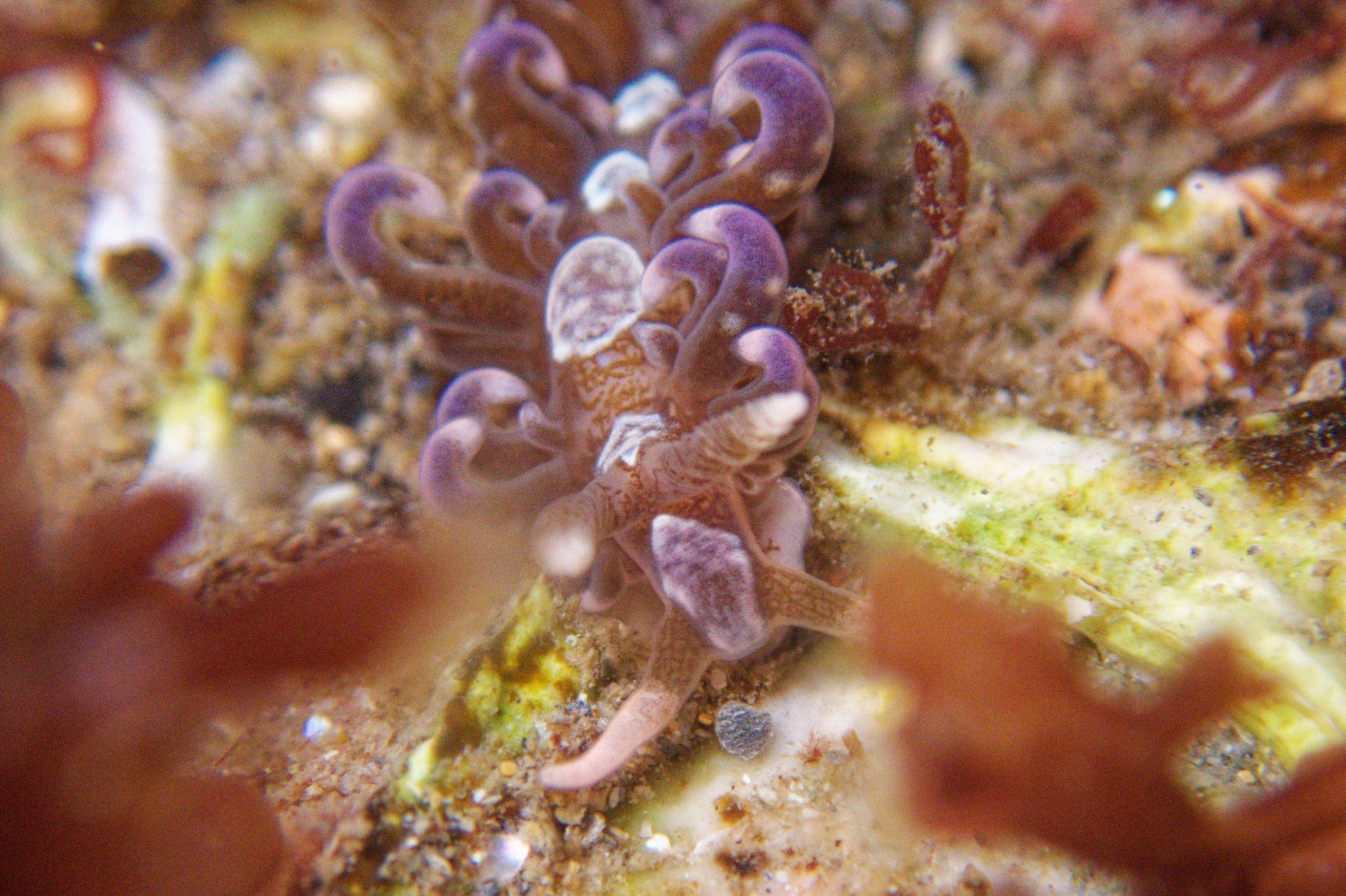
The furthest north Spurilla neapolitana had been seen before was Britanny
Spurilla neapolitana is a type of sea slug called a nudibranch and ranges in colour from pink to orange, according to the trust.
It is known for having long, thick flattened outgrowths on its body, which gives rise to its French name "limace à bigoudis" - meaning hair curler slug.
The trust said the sighting is the furthest north the species has ever been found, with the previous record set in August when it was discovered in Brest, northern France.
Mr Slater said "unusually warm summer and oceanic currents" could have taken the animal to Cornwall as a larvae, which then "settled and has now reached adulthood".
'Real thrill'
Ms Cumming was one of 55 people taking part in the charity's Shoresearch Week citizen science programme at the cove, on the mouth of the Helford River, when she made the find.
"It was low tide and I was looking through the seaweeds along a reef when this little nudibranch caught my eye," she said.
She said it was "a real thrill" to discover a species that was new to the UK.
Ms Cumming added: "Five consecutive days of shore surveys is hard work, but it is one of the highlights of my year!"
The find was confirmed within 24 hours by a marine invertebrate expert.
Mr Slater said the discovery highlighted "the importance of citizen science".
"Charlotte is one of our most dedicated volunteers, and her incredible attention to detail led to this fantastic discovery," he added.
The sea slug was spotted near the mouth of the Helford River
Follow BBC Cornwall on X, external, Facebook, external and Instagram, external. Send your story ideas to spotlight@bbc.co.uk, external.
- Published13 August 2024
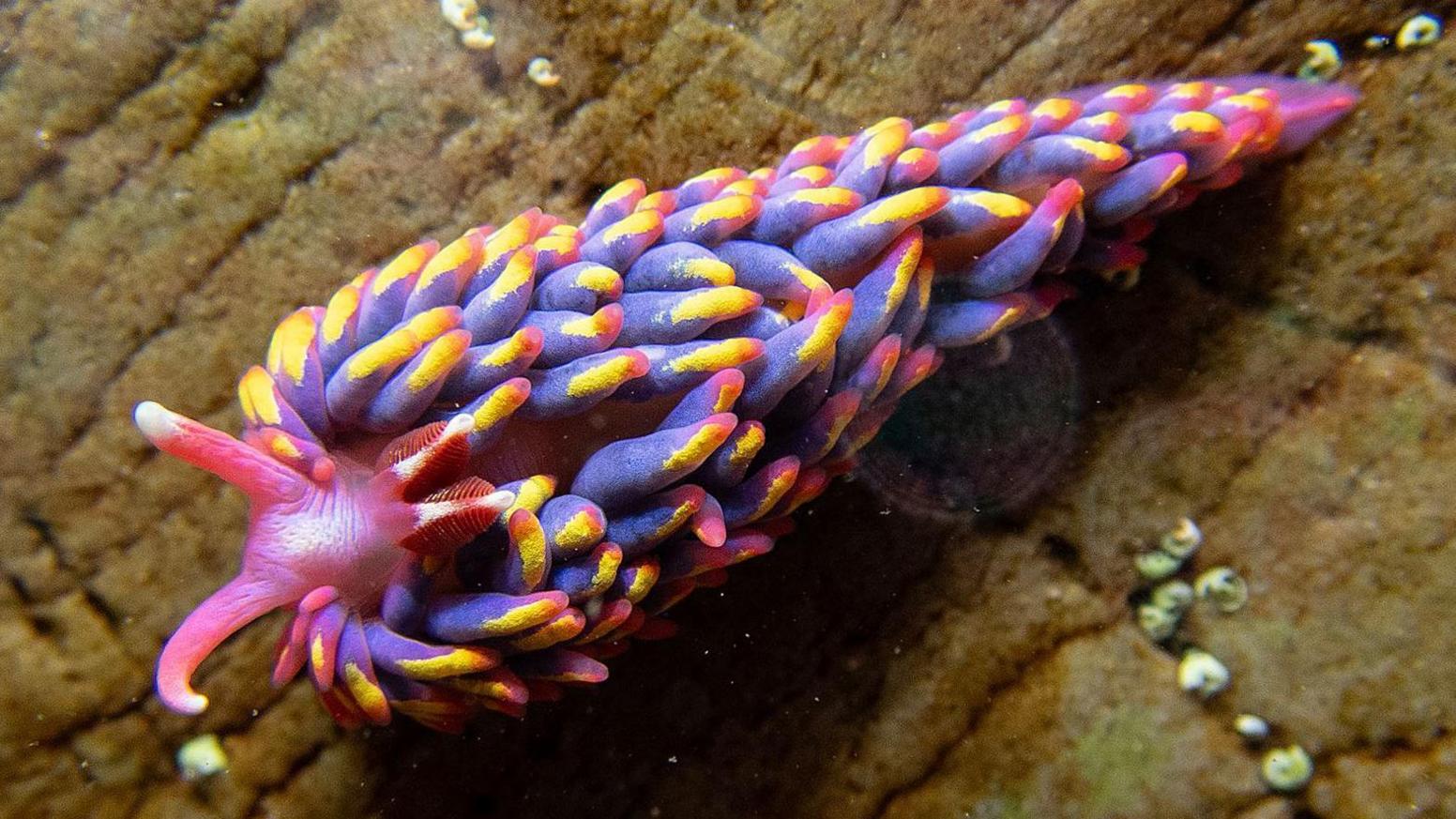
- Published23 April 2024
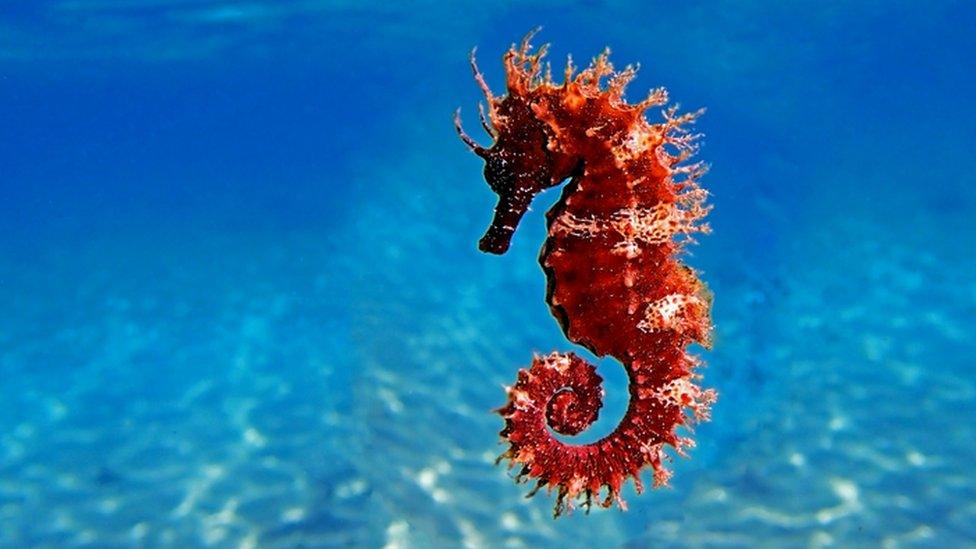
- Published5 August 2022
